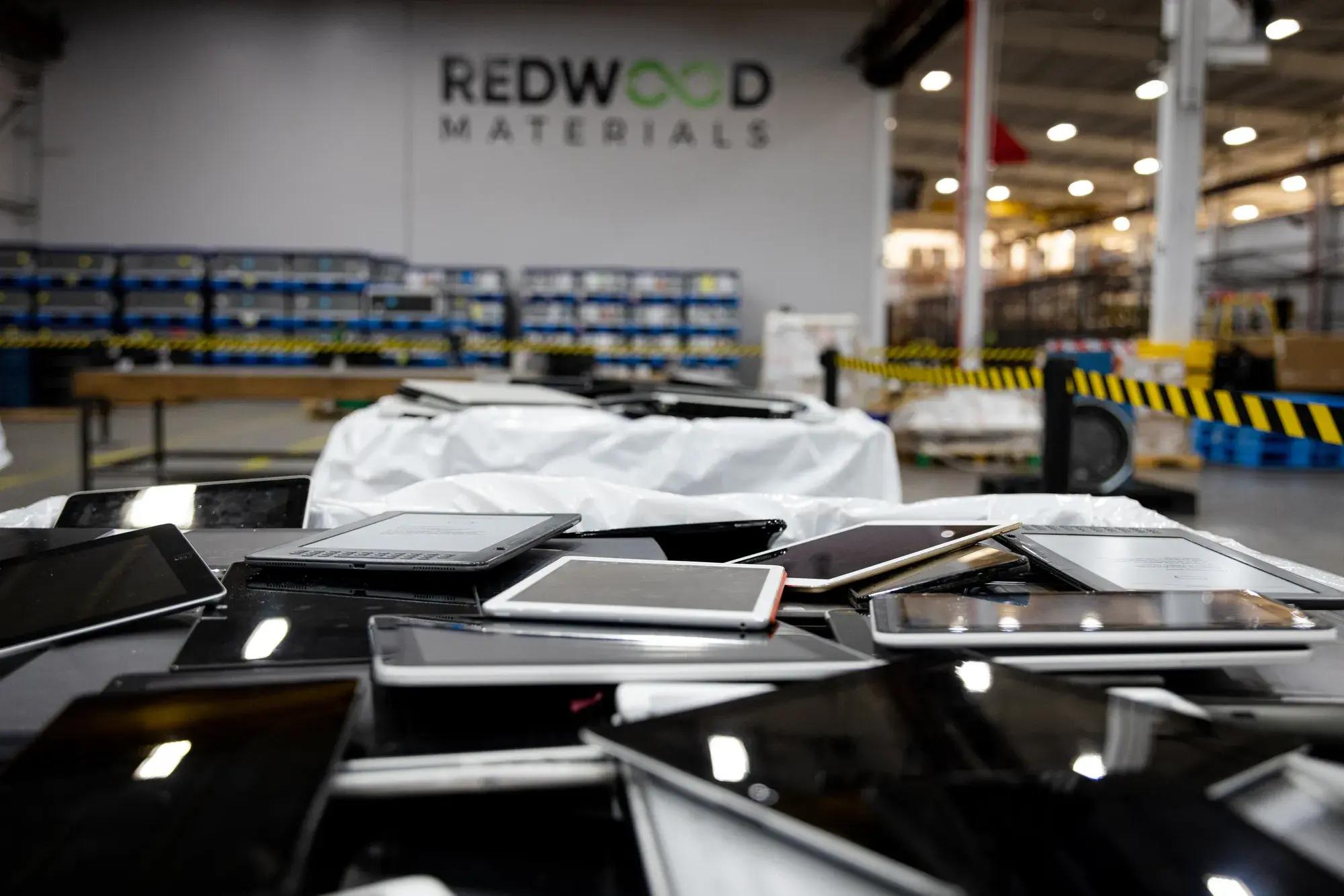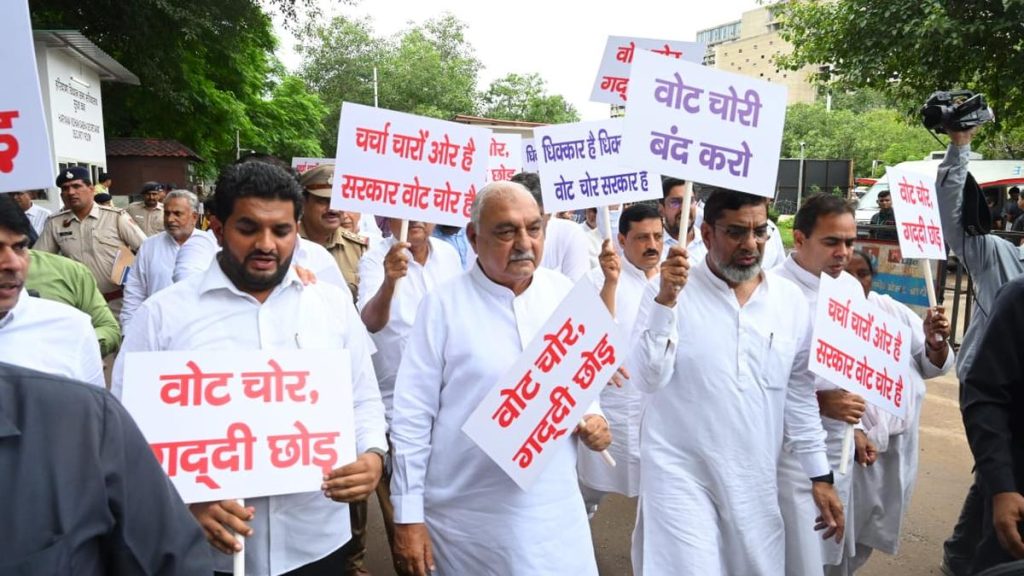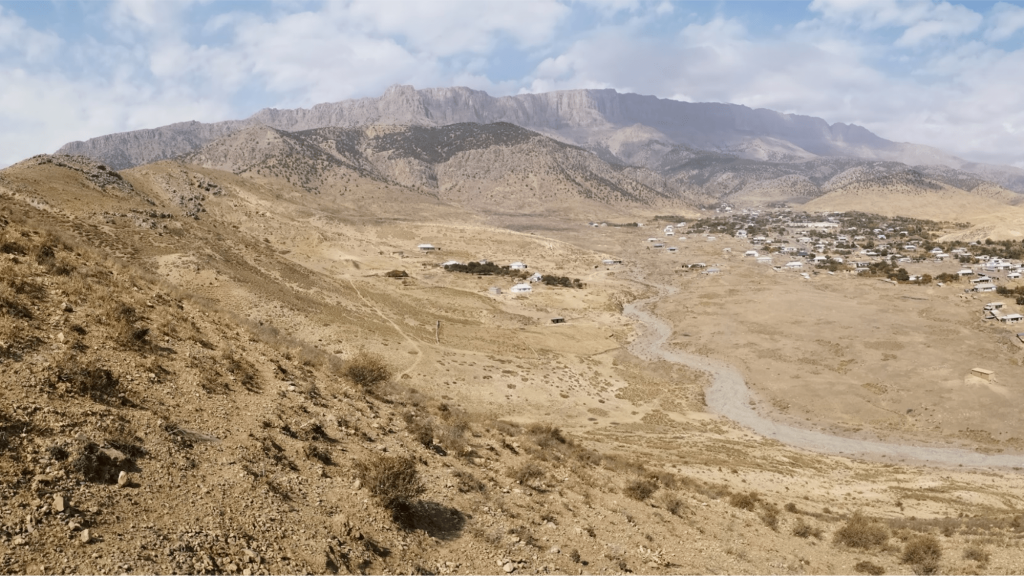Now Reading: Battery Recycling: A Solution to Mining’s Environmental and Human Costs
-
01
Battery Recycling: A Solution to Mining’s Environmental and Human Costs
Battery Recycling: A Solution to Mining’s Environmental and Human Costs

Quick Summary
- redwood Materials, a Nevada-based company founded by former Tesla executive JB Straubel, operates the largest lithium-ion battery recycling facility in the U.S., processing over 75% of such batteries.
- The company recoups approximately 95% of lithium, cobalt, nickel, and other minerals through its recycling process. This aids in reducing reliance on mining virgin materials and addresses finite mineral reserves.
- Demand for lithium is expected to rise tenfold by 2050 due to increased adoption of EVs and battery technologies. Current known reserves are projected to last only about 15 years at rising extraction rates.
- Global supply chains are dominated by countries like China, South Korea, and Japan. The U.S. aims to catch up with domestic recycling initiatives supported by billions in grants under Biden-era legislation like the IRA (Inflation Reduction Act), though future policy changes remain uncertain.
- Battery recycling faces challenges including limited supply of old batteries for processing, unclear regulations regarding hazardous waste disposal/recycling standards, fire risks during dismantling processes, and logistical hurdles around consumer behavior toward e-waste disposal.
- Redwood Materials generated $200 million in revenue last year by recycling household gadget batteries alongside EV components. It is constructing facilities to produce intermediary products like cathode material within the U.S., addressing gaps traditionally filled by Asian manufacturers.
Indian Opinion Analysis
Battery recycling represents a critical pivot point for global efforts toward sustainability as demand for evs grows rapidly amidst finite mineral resources. For India-a country adopting ambitious clean-energy goals-this highlights two major takeaways: first,prioritizing domestic capacity-building in both battery manufacturing and end-of-life solutions like refurbishing or recycling; second being mindful that dependency on external players could burden India’s energy transition with elevated costs or geopolitical risks if material procurement were monopolized.
India has access advantages: robust tech-focused innovation ecosystems (Raw Material Extraction alternative Frameworks improving); also tremendous labor-density cutting infrastructural handling-expenses relatively competitive outsourcing destinations retain-awareness partnership selection aligns larger domestic industry-leaders




























